
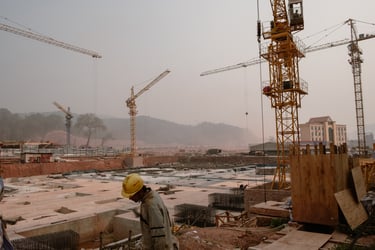

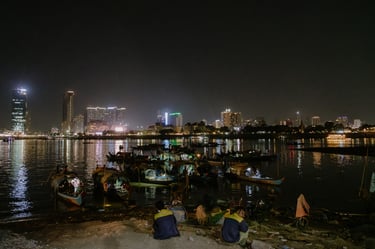

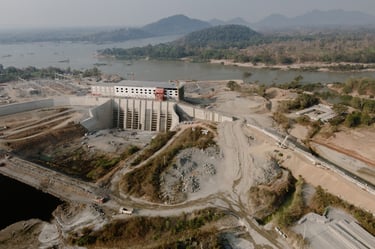


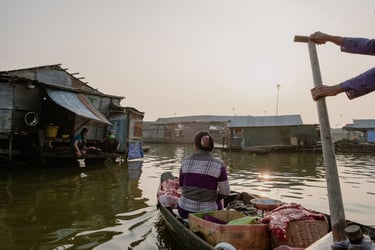
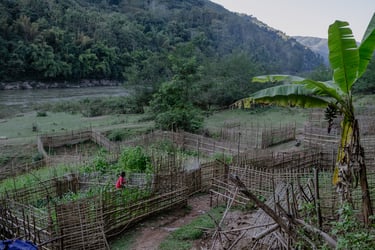
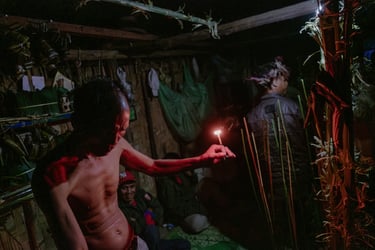


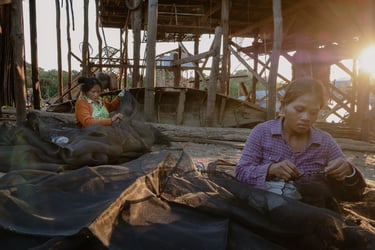
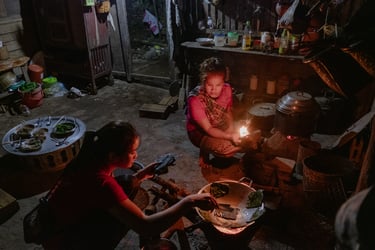















From its source in the Tibetan Plateau to its delta in southern Vietnam, the Mekong River is undergoing significant change. The rapid development of Southeast Asian countries has created a growing demand for energy, and China’s own economic expansion has led it to play an increasingly influential role in managing the river’s upper reaches.
An estimated 70 million people live along the Mekong. Many rely on the river’s natural resources for their livelihoods, with fishing and agriculture providing their primary sources of income.
Large hydroelectric dams built on both the mainstream and tributaries—along with global climate change, pollution, and other human activities—are transforming the region’s social and environmental landscape. Communities have been displaced, fish migration routes disrupted, and drought and salinity have affected agricultural production.